Korean Peninsula on 'brink of nuclear war,' North Korean envoy warns
North Korea's ambassador to the United Nations, Kim Song, has warned that there is an "imminent danger of nuclear war breakout" on the Korean Peninsula.
"The year 2023 has been recorded as an extremely dangerous year," Ambassador Kim Song said on Tuesday, speaking on the last day of the annual UN gathering of world leaders. "The Korean Peninsula is in a hair-trigger situation with imminent danger of nuclear war breakout."
He said the United States and South Korea were pushing the Korean peninsula closer to a nuclear clash.
He told the UN General Assembly that due to the ongoing threat, the North Korean nation had no choice but to further accelerate a build-up of its missile and nuclear self-defense capabilities.
"Given the prevailing circumstances, the DPRK (Democratic People’s Republic of North Korea) is urgently required to further accelerate the build-up of its self-defense capabilities to defend itself impregnably," he said.
The envoy said in this regard North Korea had tested dozens of ballistic missiles in the past 18 months.
"The DPRK remains steadfast and unchanged in its determination to firmly defend the national sovereignty, security interests and well-being of the people against the hostile threats from outside," Kim said.
Pyongyang has been under UN Security Council sanctions for its missile and nuclear programs since 2006. The measures have been steadily strengthened over the years.
However, for the past several years the 15-member Security Council has been divided over how to deal with Pyongyang. Russia and China, veto powers, have said more sanctions will not help and want such measures to be eased.
China and Russia say joint military drills by the United States and South Korea provoke Pyongyang, while Washington accuses Beijing and Moscow of emboldening North Korea by shielding it from more sanctions.
Meanwhile, UN Secretary-General Antonio Guterres warned on Tuesday that this ongoing "madness" must be stopped as it is plunging the world into a new arms race that could eventually lead to the "annihilation" of mankind.
With nuclear-armed nations expanding and modernizing their arsenals, the UN chief called for a revitalized push to reduce and discard nuclear weapons.
"A worrisome new arms race is brewing. The number of nuclear weapons could rise for the first time in decades," Guterres told the General Assembly on the final day of its yearly session. "Any use of a nuclear weapon -- anytime, anywhere and in any context -- would unleash a humanitarian catastrophe of epic proportions."
"This is madness. We must reverse course," he insisted.
In June, the Stockholm International Peace Research Institute (SIPRI) reported that the number of nuclear weapons in the world had increased.
According to SIPRI director Dan Smith after decades of decreasing numbers of nuclear weapons, now it was on the rise.
However, the bulk of the nuclear weapons, almost 90 percent, are in the hands of Russia and the US. These two are followed from a great distance by China, France, Britain, Pakistan, India, Israel and North Korea, lastly.
Guterres warned the current nuclear situation alongside the escalated tensions across the globe is a "matter of urgency" for the world.
He called for the reinvigoration and strengthening of the Treaties on Non-Proliferation of Nuclear Weapons and the Prohibition of Nuclear Weapons.
Guterres urged the implementation of the Comprehensive Nuclear Test Ban Treaty, adopted by the UN General Assembly in 1996 but still not in force because several key countries have not joined.
"The world has spent too long under the shadow of nuclear weapons. Let's step back from the edge of disaster," he stated.
Hezbollah attacks Israeli forces after Lebanese homes blown up
World leaders, states hail ICC arrest warrants for Netanyahu, Gallant
MP: US accountable for possible Israeli 'foolishness' to attack Iraq
VIDEO | Israeli policies strangle Palestinian agriculture, economy
Iran's president offers condolences to Pakistan over terrorist attack
Canada’s Yukon town council at standstill over refusing oath to King Charles
Yemen's Houthi calls for jihad to protect Palestine against Israel
VIDEO | Internal rifts within Israel


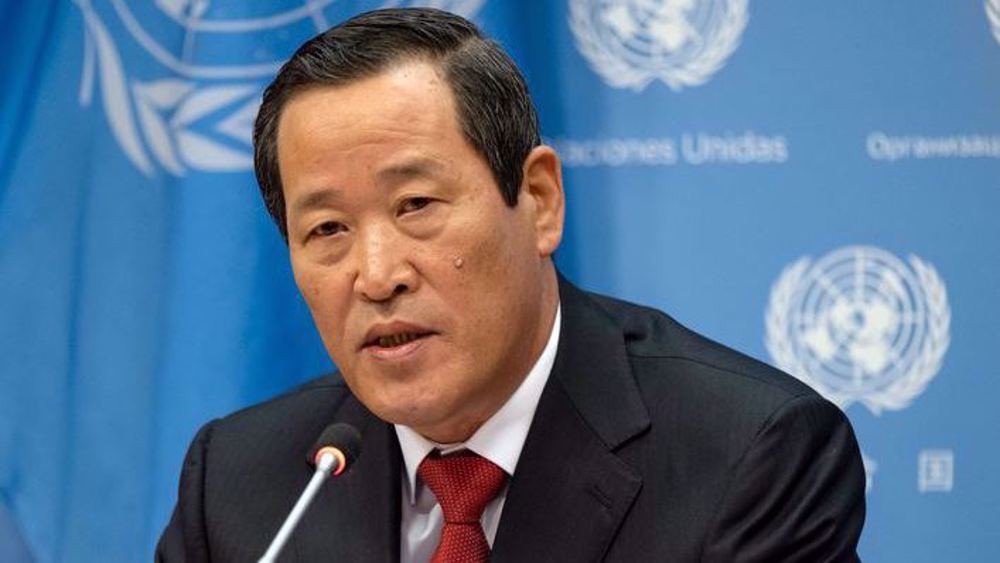
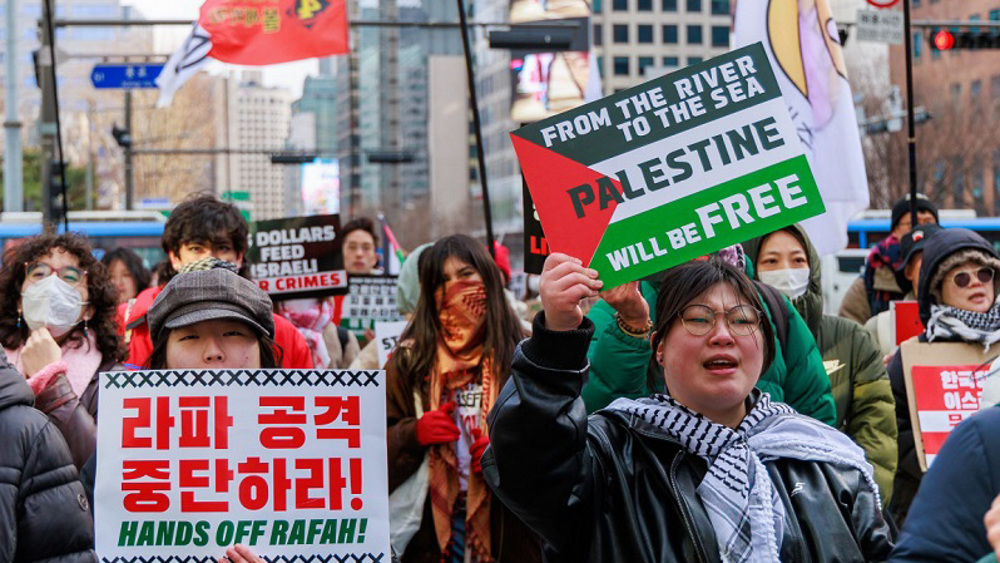
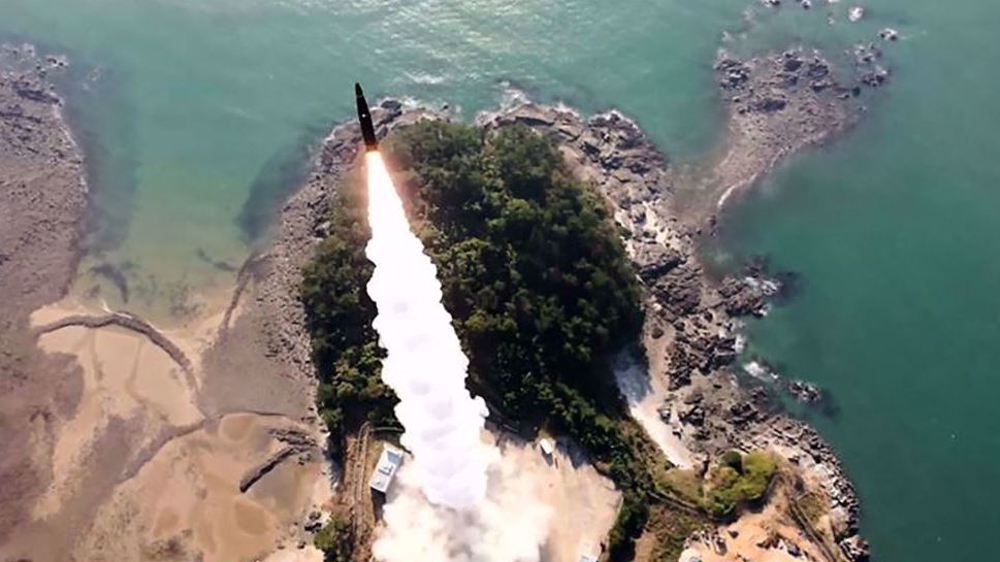
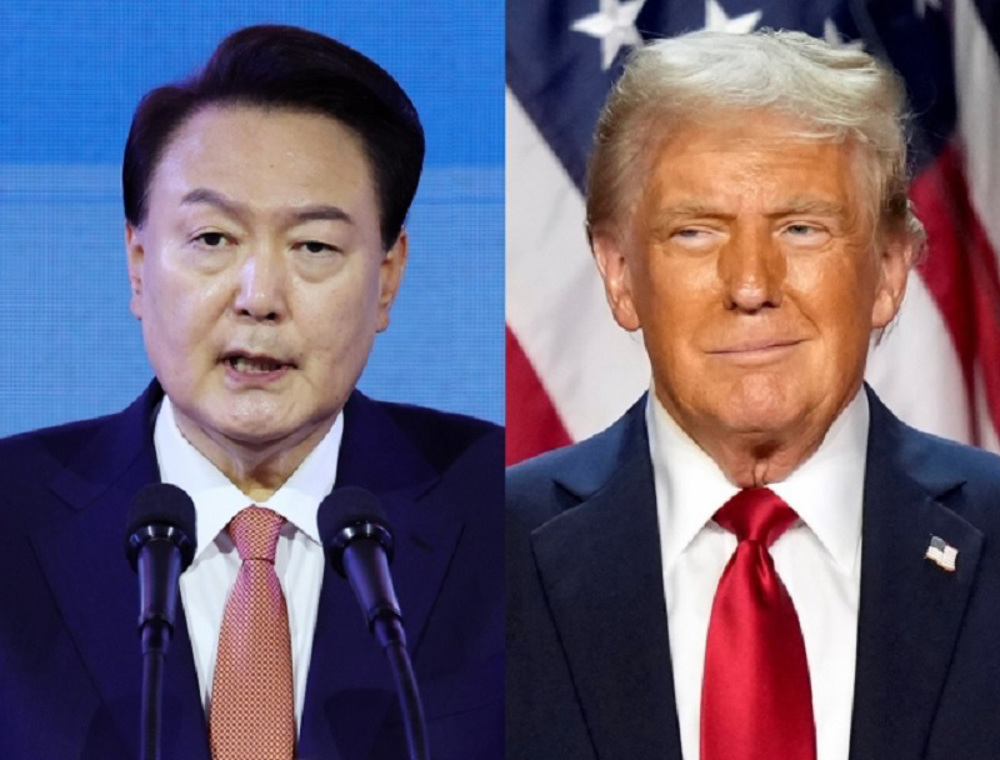



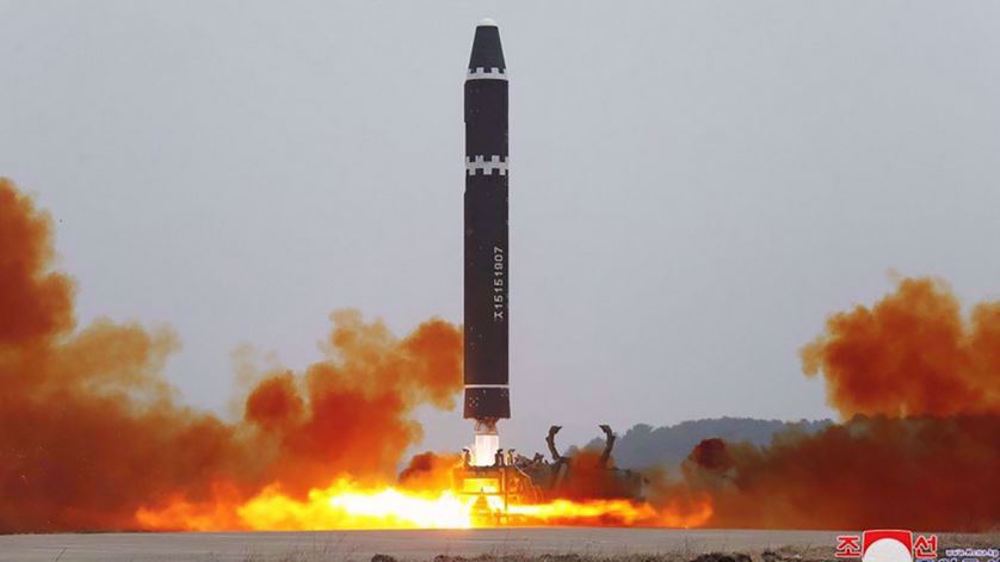
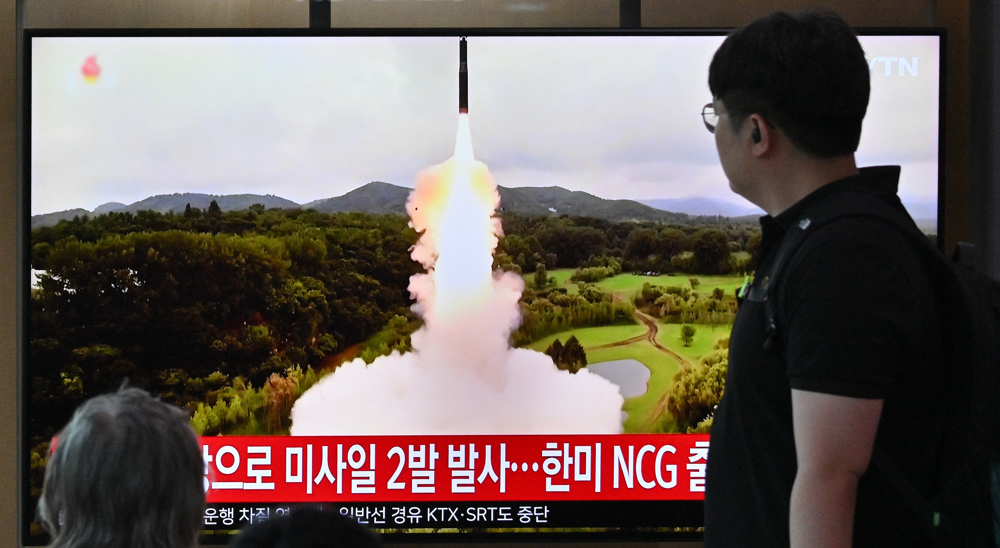
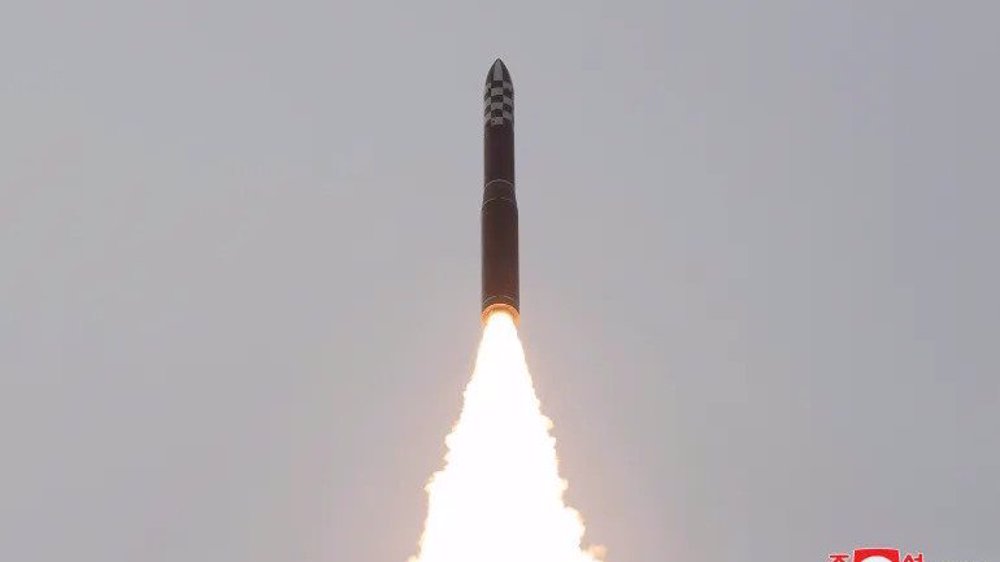
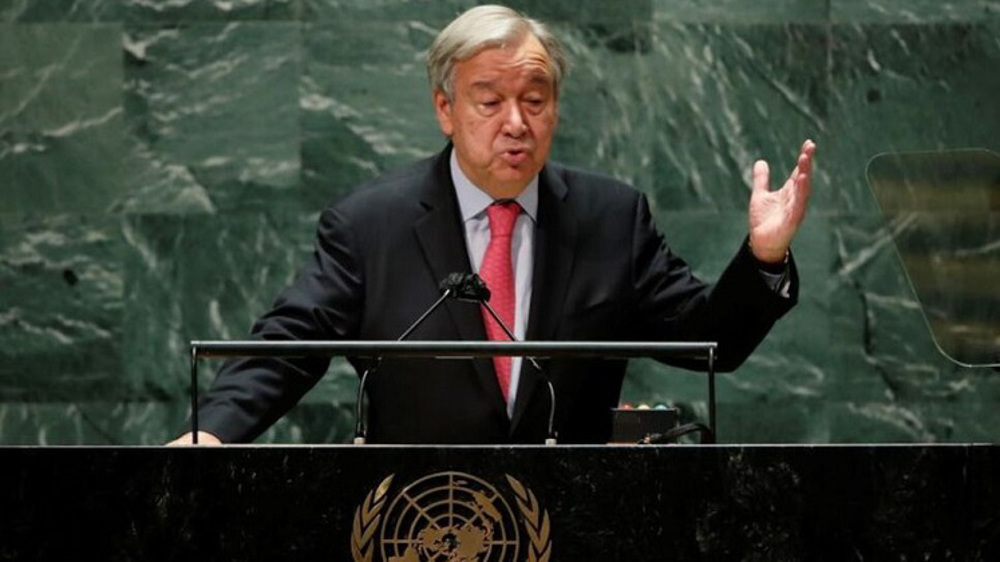

 This makes it easy to access the Press TV website
This makes it easy to access the Press TV website